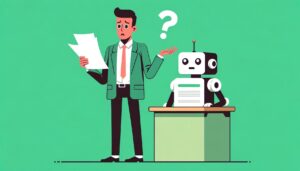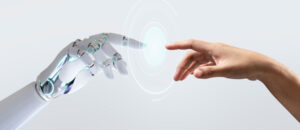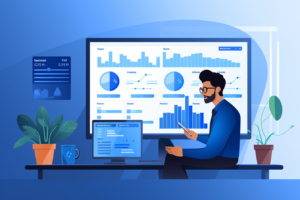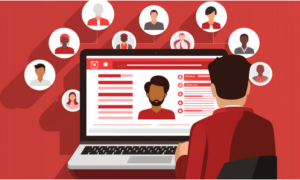The workforce of the future - looking at work in 2030
- 4 Min Read
Work is rapidly changing in all aspects. Different skills, different working, and different working patterns are just a few of the ways we can expect work to change. However, increasing automation is creating a shift in the skills that employees require in order to succeed.
- Author: Louron Pratt
- Date published: May 20, 2019
- Categories
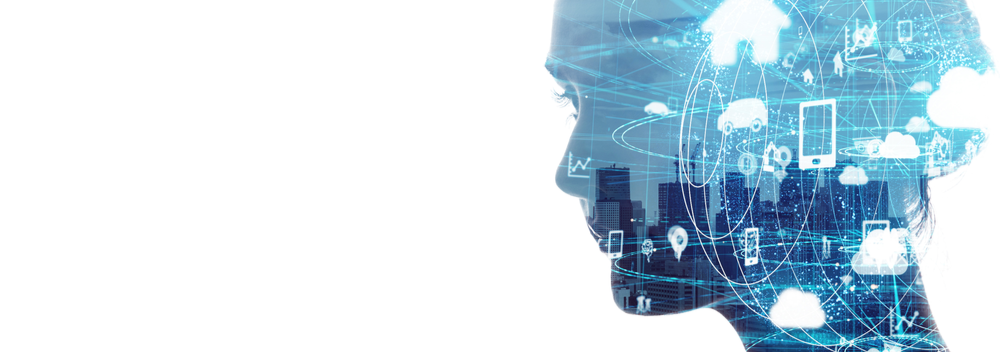
Work is rapidly changing in all aspects. Different skills, different working, and different working patterns are just a few of the ways we can expect work to change. However, increasing automation is creating a shift in the skills that employees require in order to succeed.
A challenge arises for HR and business professionals, as upskilling their workforce remains a difficulty in an uncertain future. PwC’s ‘Workforce of the future’ analyzed what the world could potentially look like in 2030, to aid this cause.
One of the main overall takeaways from the report was to constantly be looking forward to understanding the technological changes that are happening around us.
“So what should we tell our children? That, to stay ahead, you need to focus on your ability to continuously adapt, engage with others in that process, and most importantly retain your core sense of identity and values. For students, it’s not just about acquiring knowledge, but about how to learn. For the rest of us, we should remember that intellectual complacency is not our friend and that learning – not just new things but new ways of thinking – is a life-long endeavour,” said Blair Sheppard, Global Leader, Strategy and Leadership Development, PwC.
The digital and artificial intelligence influence
There is potential for artificial intelligence and digital platforms to overwhelm human based opportunities. These opportunities can arise through a number of levels. The first being Assisted intelligence, such as GPS navigation. There is Augmented intelligence which is beginning to emerge in aiding organisations to sort and organise aspects of their daily routine that they couldn’t otherwise do. The final level is Autonomous intelligence, which could potentially be developed further in the future such as self-driving cars.
There are many advocates of this vast introduction into AI as they could create a world where human attempts can work collectively to produce high-level thinking and high creativity. However even with this encouraging information at hand. 37% are worried that automation will put jobs at risk, which is an increase from 33% in 2014.
Looking forward to 2030
To further look into the year 2030, PwC predicted that “In 2030, the search for talent is as difficult as ever. Artificial intelligence allows businesses to identify the talent they need, when they need it”
Another significant phase of this advancing world of work is the change in the workforce. As they expect organisations to be much smaller but more specialised in specific departments. With these like-minded individuals working in the same atmosphere further aided by technology, this will enable organisations to move their projects further in a much more accelerated process.
However with this exciting more compact and expert workforce in the wake, there are many challenges that could arise in the years to follow on from this. Such as lack of loyalty and competition. “There’s a lack of loyalty from the company towards the employees. Workers with skills in demand will prosper, those with outdated skills will be abandoned.” said one part-time government employee.
With this new role in innovation being crucial for a organisations success, it will be crucial for leaders to acquire and retain the best talent, with the best tools and strategies they have available, AI could assist this cause significantly. 60% of participants believed that very few people would have long-term employment in the future.
The key to the future
With these vital variations to work being consistently implemented, it’s imperative for companies to adapt to their workforce and society. As there are many changes and challenges that lie ahead.
Some changes that will happen are inevitable so it could be helpful for companies to spot these changes and adopt these changes. “The future of work will see more organisations adopt emerging technologies such as AI, but their fundamental role will be to remove repetitive tasks and admin work, making way for employees to focus on more meaningful and creative work. The end result will give employees more time to do what makes them uniquely human – complex problem solving, critical thinking, and creativity.” Said James Keating, Head of EMEA Marketing, Dropbox.
“By taking a more holistic approach to the future of work, a man-machine partnership will open up a new realm of possibilities for organisations. Indeed, when considering the ever-increasing rise in multi-faceted jobs, which makes the need for a balance between human interaction and technology vital, it’s easier to see how AI is less likely to replace us and more likely to enhance the way we work.”
With 74% of respondents stating that they are ready to learn new skills or completely retrain in order to remain employable in the future. The key to succeeding in this new era could be to rise to the opportunity to this disruption, rather than seeing this as a threat.


